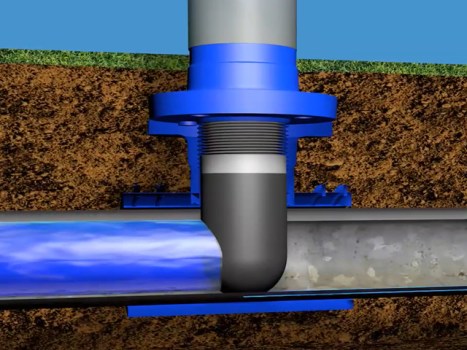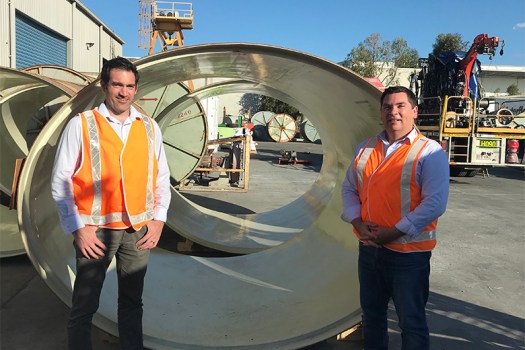
Liquid Petroleum Gas (LPG) has long been recognised as an efficient and reliable energy source that’s estimated to be used by two billion people worldwide.
Colourless and odourless at room temperature, it’s non-toxic and non-corrosive and does not produce harmful emissions. More environmentally friendly than electricity – household greenhouse gas emissions in Australia could be more than halved by using LPG instead of electricity for water heating, cooking or space heating – it is also cheaper to run than electric systems.
Easily transported and stored, it is a popular and convenient fuel source in regional and rural Australia and other places without easy access to a natural gas network.
As the winter months bed-in, industrial heating becomes an obvious focus and here LPG excels.
Given its higher calorific value it burns ‘hotter’ than natural gas and with highly controllable temperatures, little gas heat loss during use and clean output, it is the perfect solution for factories and warehouses. With no peak and off-peak pricing levels, LPG heating also makes a great deal of financial sense.
Elgas, Australia’s largest supplier of LPG, partners with a number of suppliers to offer complete industrial heating solutions. From direct-fired convective, convective and radiant industrial gas heater systems or a combination of all of them, Elgas has your business covered.
Direct-fired convective industrial gas heater systems are particularly cost-effective. They work by passing all of the outside air over a burner that heats the air and discharges it into the space. As nearly 100 per cent of the fuel is converted to heat, their efficiency is renowned. Smaller size, better equipment life expectancy and more precise temperature controls are other typical benefits of a direct-fired system.
Convective industrial gas heater systems utilise roof-mounted fan-forced heat exchangers that are supplied with steam or very hot water while radiant industrial gas heater systems rely on infrared radiation for spot heating of objects, people and surfaces. Radiant units are typically used in open areas with high ceilings and in locations where quick and efficient heating is needed in colder temperatures. In many industrial gas heater installations, a convective and a radiant system are used in tandem to create an efficient form of total space heating.
Heating applications can cover a wide variety of industrial uses. LPG solutions are common in workshops, garages, transport terminals, sheds, greenhouses, factories, and various agricultural, and construction spaces. Drying and curing as well as heating breeding sheds are some other popular uses. Elgas experts can discuss the best options to meet your specific industrial heating needs.
Elsewhere, LPG’s benefits can be seen in process-heating and powering industrial ovens; production of food, kilns, furnaces and packing materials and powering gas engines in forklifts or industrial boilers. Ready availability and consistency of LPG make it an industry go-to for energy supply.
The manufacture of glass and ceramic products, which can be complicated due to the numerous chemical reactions that occur during the production process, also frequently rely on LPG as a fuel source. Its use enhances product quality and reduces the technical problems related to the manufacturing activity.
Civil engineering applications include heating bitumen, repairing and laying roads, illuminating road signs and floodlighting while manufacturers of aerosol products require pure field-grade LPG as a propellant for household products.
The chosen LPG supplier to thousands of businesses across the country, Elgas has over 40 service centres around Australia and almost 400 LPG tankers and cylinder trucks, ensuring rapid supply and reliable delivery. Elgas LPG gas supply options include tanker delivery for bulk users, and an exchange cylinder service for lower volume LPG gas users. Whatever your LPG needs, Elgas has a solution.
Comment below to have your say on this story.
If you have a news story or tip-off, get in touch at editorial@governmentnews.com.au.
Sign up to the Government News newsletter






Sue Phillips on: 15 councils participate in SA emissions reduction trial
Garth Daddy on: War memorial contracts fudged, audit finds
Roger Buhlert on: New VLGA appointment vows to lift governance standards